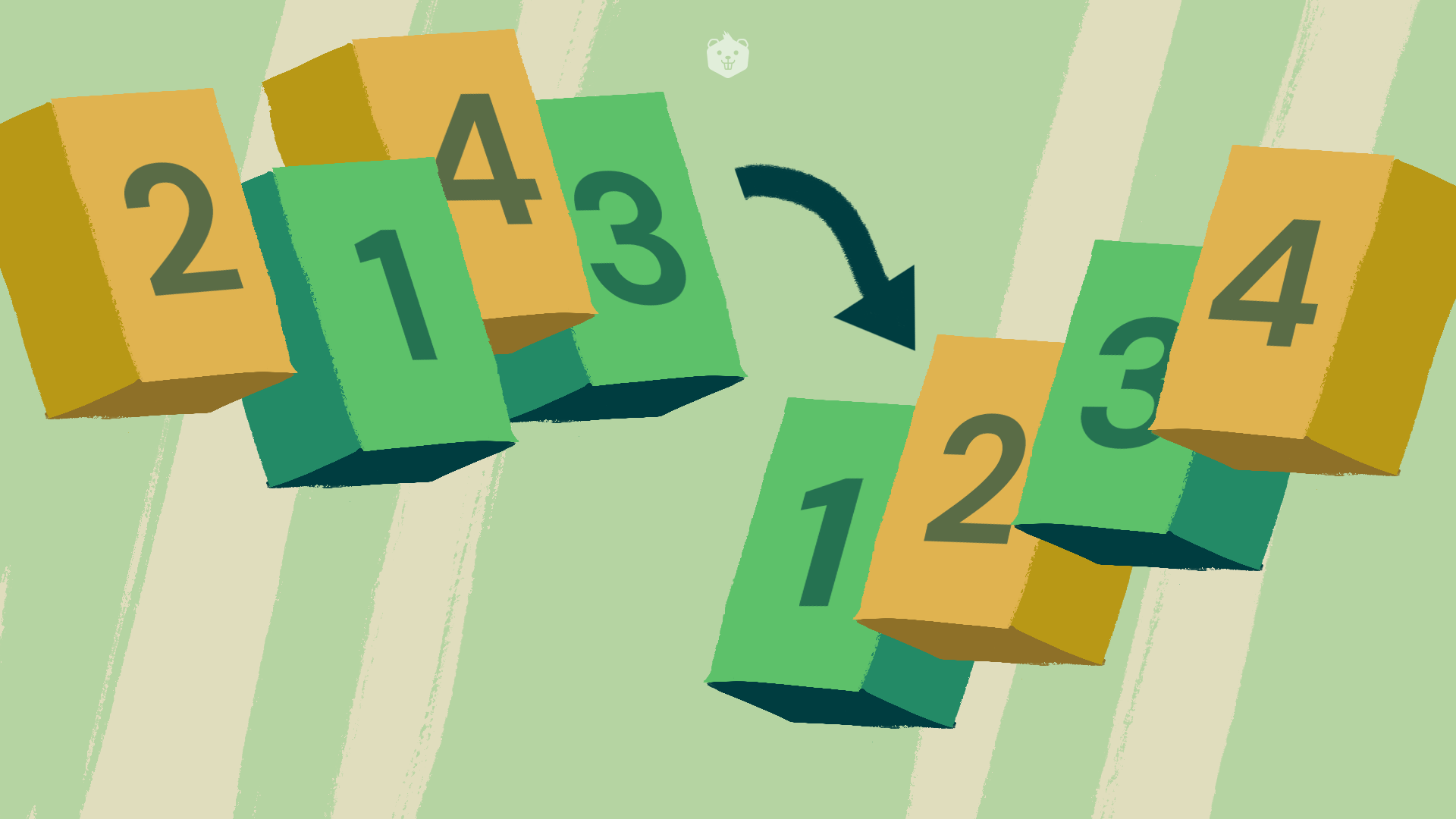Blog
- Details
- Written by R. Elizondo
- Category: PHP Content Management Systems
Drupal is a popular and flexible content management system (CMS) that allows you to build and manage websites easily. The latest version, Drupal 10, brings several improvements and new features. In this article, we will guide you through the process of installing Drupal 10 on Ubuntu 22 with PHP 8.

Before you begin, ensure you have the following prerequisites in place:
- Ubuntu 22 installed on your system.
- PHP 8 installed and configured.
- A web server (such as Apache or Nginx) installed and running.
- MySQL or MariaDB database server installed.
Now, let's proceed with the installation steps:
Step 1: Update System Packages
Open a terminal and run the following command to update the system packages to the latest versions:
sudo apt update
sudo apt upgrade
- Details
- Written by R. Elizondo
- Category: Cheat Sheets
The "ifconfig" command in Linux is used to view and configure network interfaces on your system. It provides information about IP addresses, netmasks, broadcast addresses, and more.
Displaying Network Interface Information:
To view the configuration details of all network interfaces on your system, simply run the "ifconfig" command without any arguments:
$ ifconfig
This command will display information about each network interface, including the interface name, IP address, netmask, MAC address, and more.
- Details
- Written by R. Elizondo
- Category: Cheat Sheets
The "ip" command in Linux is a powerful tool for configuring and managing network interfaces. It provides more advanced features compared to the older ifconfig command.
Displaying Network Interface Information:
To view the configuration details of all network interfaces on your system, simply run the "ip" command without any arguments:
$ ip addr show
This command will display information about each network interface, including the interface name, IP address, netmask, MAC address, and more.
Displaying Information for a Specific Interface:
If you want to view the details of a specific network interface, specify its name as an argument to the ip command. For example, to view information about the "eth0" interface:
$ ip addr show eth0
This command will display the configuration details for the "eth0" interface, including its IP address, netmask, MAC address, and more.
- Details
- Written by R. Elizondo
- Category: PHP Software Development
Sorting is one of the most important tasks to be executed by computers. These examples show the implementation in PHP of the most commonly used algorithms for sorting data.

Bubble Sort:
Bubble sort is a simple sorting algorithm that repeatedly swaps adjacent elements if they are in the wrong order. The algorithm continues iterating through the array until no more swaps are required. Bubble sort has a time complexity of O(n^2), where n is the number of elements in the array. It is not recommended for large arrays due to its inefficiency.
//...
function bubbleSort(array &$arr) {
$n = count($arr);
// Traverse through all array elements
for ($i = 0; $i < $n - 1; $i++) {
// Last $i elements are already in place
for ($j = 0; $j < $n - $i - 1; $j++) {
// Swap if the current element is greater than the next element
if ($arr[$j] > $arr[$j + 1]) {
$temp = $arr[$j];
$arr[$j] = $arr[$j + 1];
$arr[$j + 1] = $temp;
}
}
}
}
//...
// Example usage
$numbers = [64, 34, 25, 12, 22, 11, 90];
bubbleSort($numbers);
echo "Sorted array: ";
foreach ($numbers as $value) {
echo $value . " ";
}
//...In this example, the bubbleSort() function takes an array by reference &$arr as a parameter. It performs the Bubble Sort algorithm on the given array.
The outer loop for ($i = 0; $i < $n - 1; $i++) iterates through the array, and in each iteration, the inner loop for ($j = 0; $j < $n - $i - 1; $j++) compares adjacent elements and swaps them if they are in the wrong order.
During each iteration of the inner loop, the largest unsorted element "bubbles" up to its correct position in the array. This process continues until the entire array is sorted.
Finally, after calling bubbleSort($numbers), the sorted array is printed using a foreach loop.
When you run this code, you'll see the output:
Sorted array: 11 12 22 25 34 64 90
The Bubble Sort algorithm repeatedly compares adjacent elements and swaps them if necessary, which gradually "bubbles" the largest elements to the end of the array. It is not the most efficient sorting algorithm for large arrays, but it provides a straightforward implementation for educational purposes or for small datasets.
Page 20 of 42

